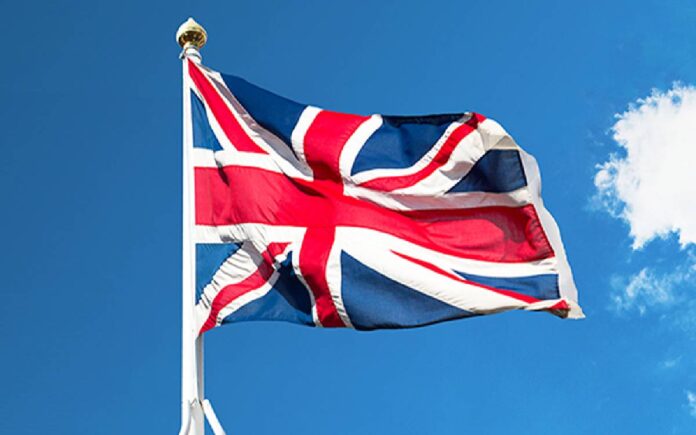London – A recent report by The Mail on Sunday has ignited a wave of backlash and formal complaints from British Hindu organisations after it alleged growing ties between so-called “Hindu extremists” and far-right groups in the UK. The article, based on a police intelligence report, claimed the groups are aligning over shared “anti-Muslim views” — an assertion Hindu advocates have strongly rejected.
Published on March 30, the article referenced a report by the National Police Chiefs’ Council (NPCC), which warned of “Hindu nationalist extremism” in Britain — categorising it as an emerging domestic threat alongside Khalistani movements. The report followed the 2022 communal tensions in Leicester, sparked after an India-Pakistan cricket match, which saw clashes between British Hindus and Muslims of South Asian origin.
Hindu Groups Slam Report as Misleading and Inflammatory
Multiple Hindu advocacy bodies, including Insight UK and the Hindu Community Organisations Group (HCOG), Leicester, have filed complaints with the Independent Press Standards Organisation (IPSO), claiming the article conflates the term “Hindutva” with extremism and unfairly vilifies the British Hindu community.
Insight UK, in a detailed statement, said, “This article is not just misleading; it is a textbook example of how biased framing, selective omission, and ideological lens can manufacture a moral panic around a peaceful religious community.” It added that the article’s portrayal of Hindutva was distorted: “The article repeatedly conflates Hindutva with ‘extremism’, reducing a rich philosophical tradition to a caricature. Hindutva, quite simply, is the outward expression of Hindu identity.”
Controversial Claims in the Report
The NPCC report, accessed by The Mail on Sunday, claimed Hindu extremists were “interfering in British elections” by advising Hindu voters on which political parties to support or avoid. It described Hindutva as “a political movement distinct from Hinduism, which advocates the hegemony of Indian Hindus and the establishment of a monolithic Hindu rashtra or state in India.”
The article further discussed a “realistic possibility” of alliances forming between Hindutva sympathisers in Britain and far-right extremist groups — allegedly bonded by shared “anti-Muslim hatred.” Notably, it mentioned controversial far-right activist Tommy Robinson had met with some Hindu groups to promote anti-Muslim narratives, and his presence was “welcomed by Indian media and a minority of British Hindus.”
Watchdog Clears Article, But Controversy Deepens
Despite the backlash, IPSO dismissed the complaints, stating that The Mail on Sunday had reported on an existing NPCC document and had not breached the Editors’ Code of Practice. The regulator said the article was not required to be balanced or consult Hindu community leaders unless factual inaccuracies were present.
HCOG Leicester’s complaint, led by convenor Vinod Popat, argued the article lacked input from British Hindu voices and failed to contextualize the NPCC report’s credibility. However, IPSO rejected this concern, stating, “Under the Editor’s Code, the articles do not need to be balanced, nor do specific interested parties need to be consulted ahead… unless a published article includes significant inaccuracies.”
Popat has now escalated the matter to IPSO’s Complaints Committee, arguing that the article “insinuates widespread community complicity, vilifying the whole community” without solid evidence. IPSO, in response, suggested contacting law enforcement if the article incited religious hatred.
Concerns Over Broader Misrepresentation
Insight UK strongly denied any links between mainstream Hindu groups and far-right ideologies, stating, “No known UK-based Hindu advocacy body or temple has aligned with Robinson’s ideology or group. The article fails to cite a single formal alliance, resolution, co-sponsored event, or leader to substantiate this supposed connection”,
The report’s inclusion of Hindu nationalism among emerging extremist threats has sparked fresh debate on how South Asian diaspora communities are being portrayed in the UK’s security and media landscape.
As the complaints process continues, British Hindu groups have called for fairer media representation and more nuanced understanding of cultural and political distinctions, particularly around terms like “Hindutva”.



